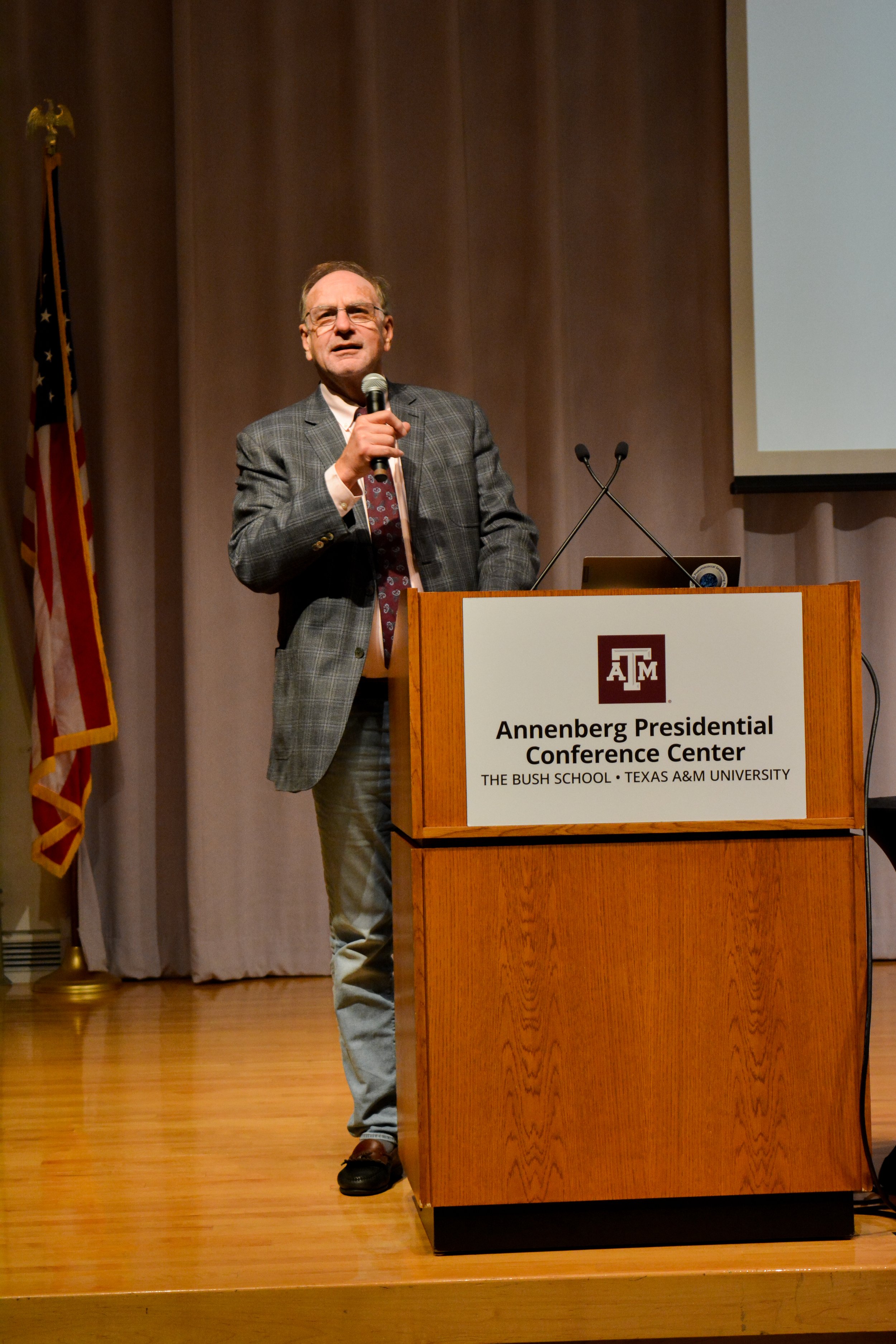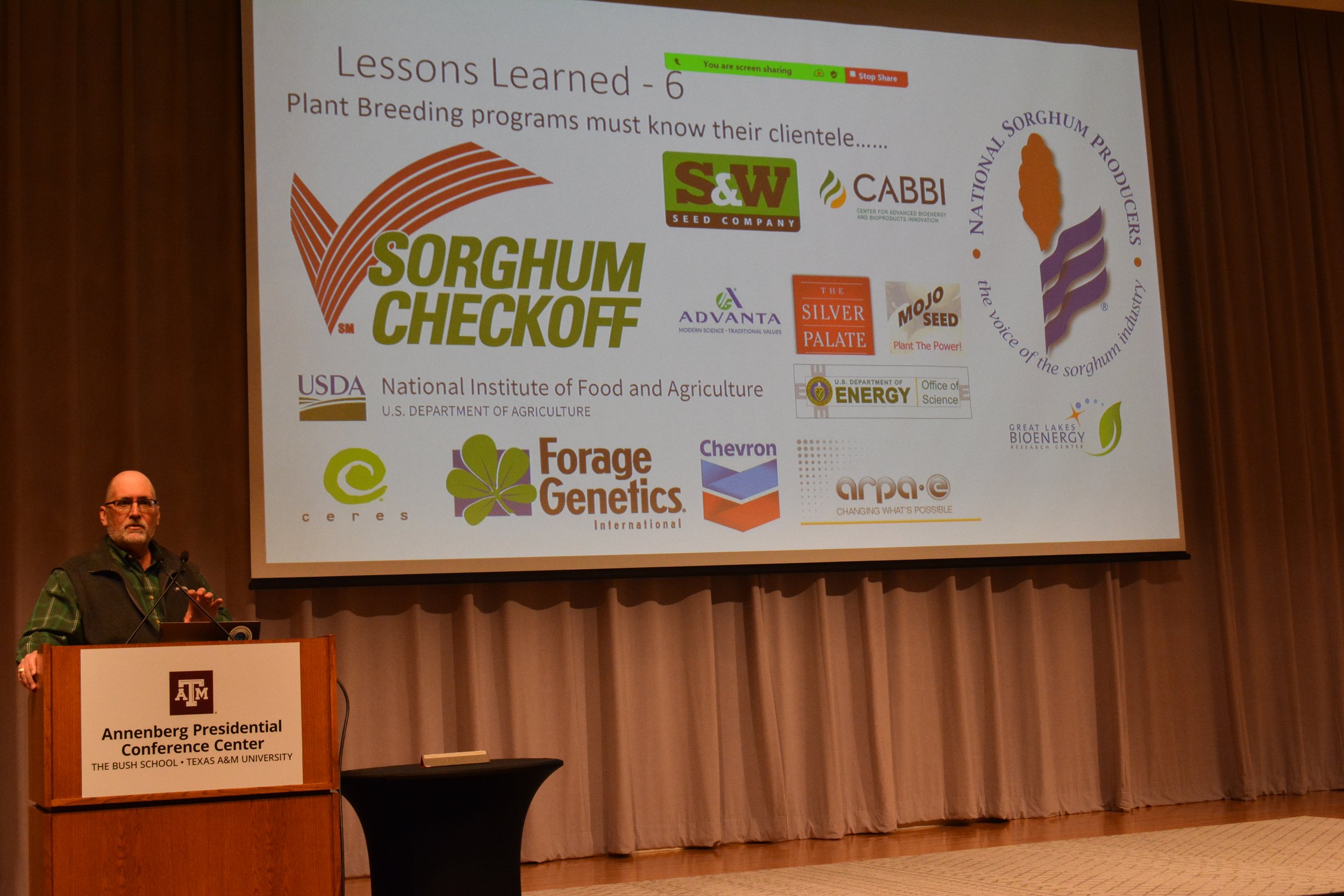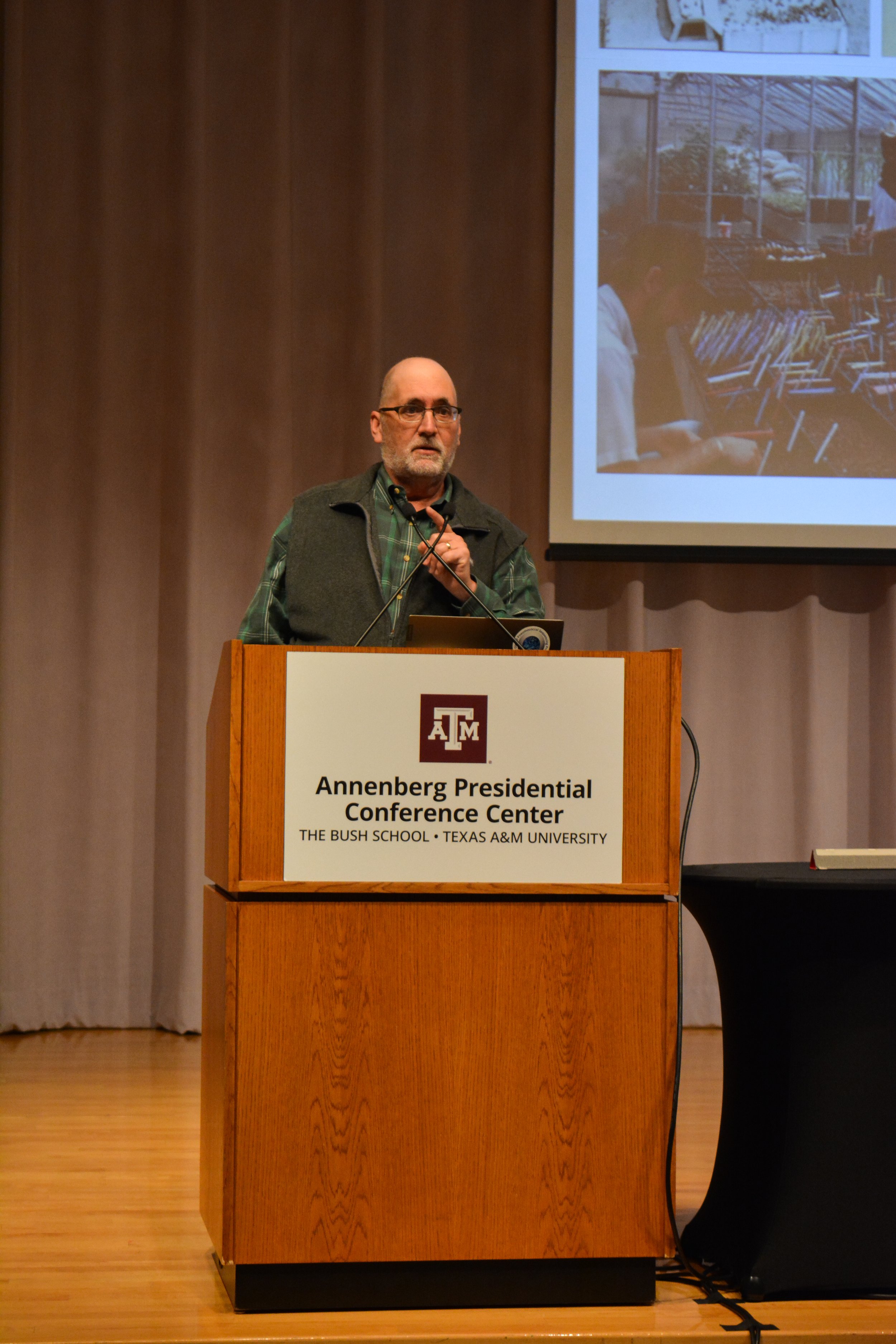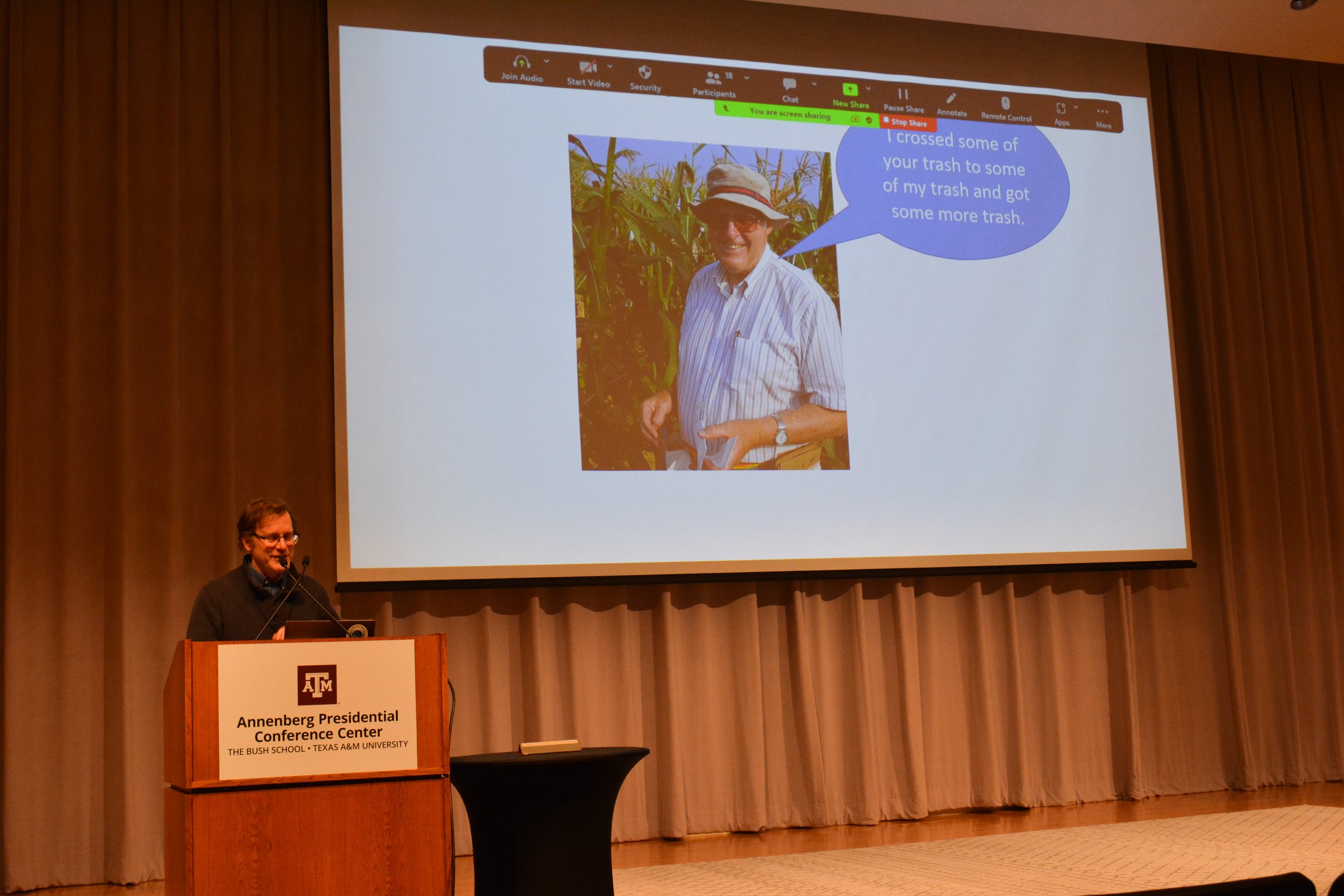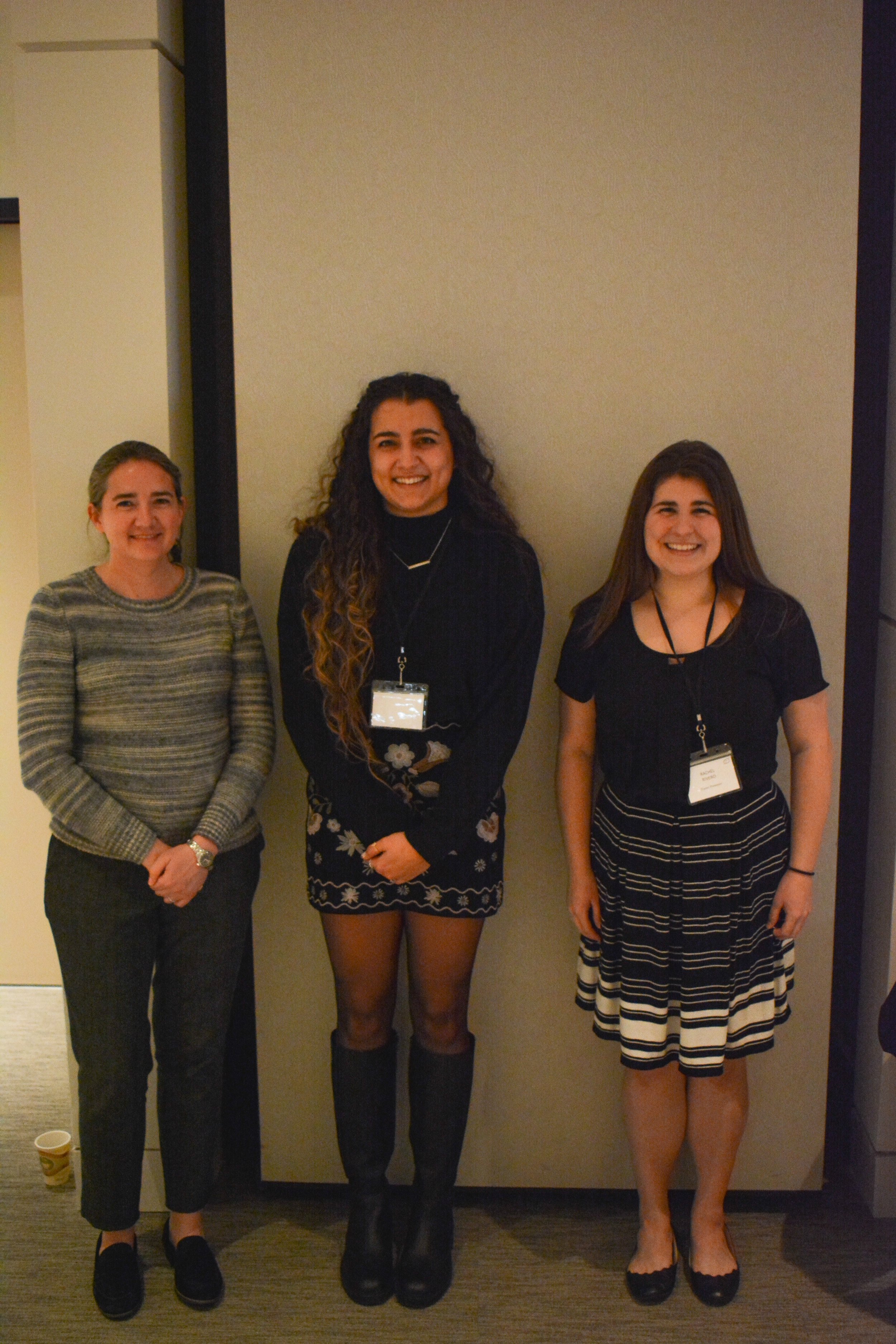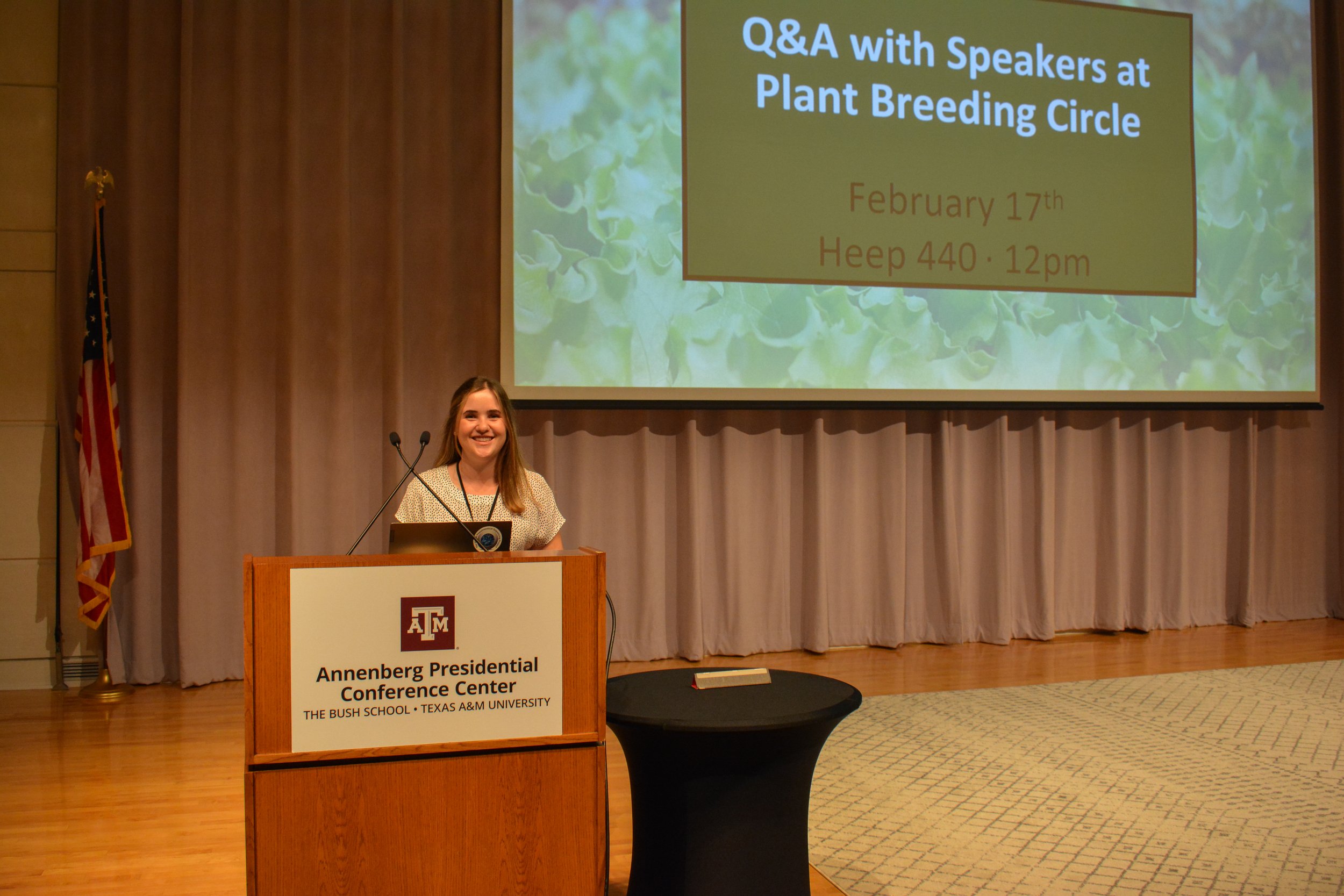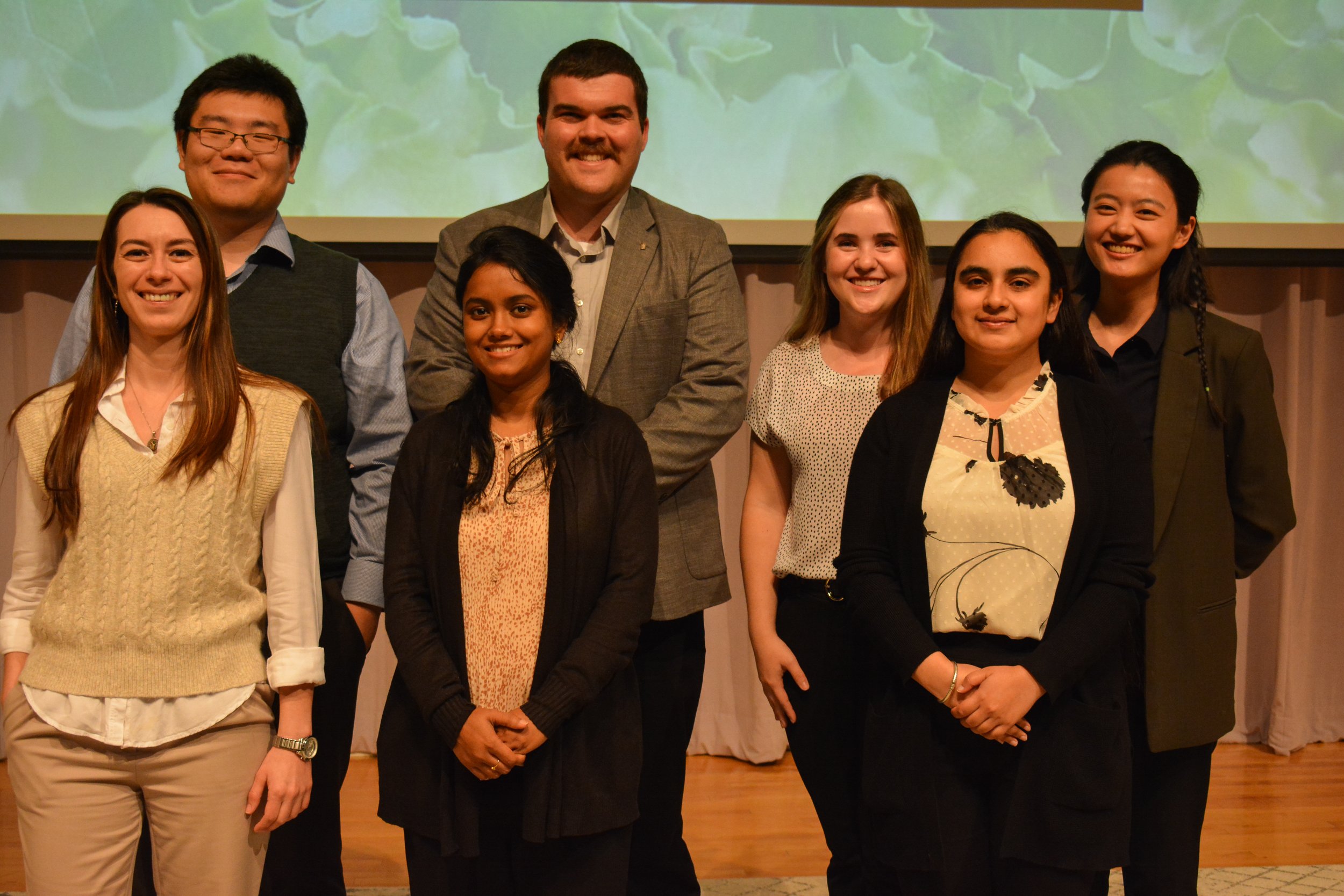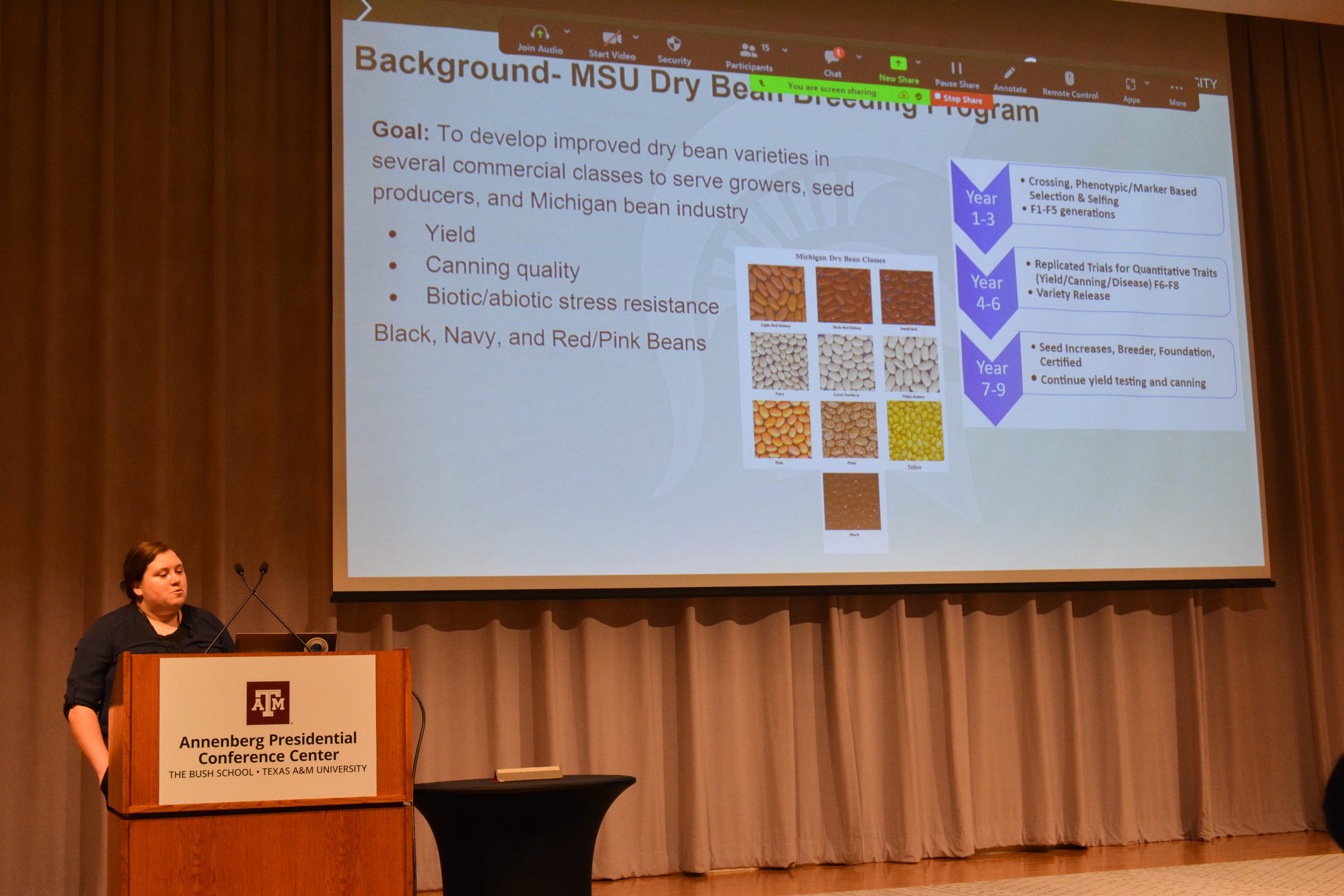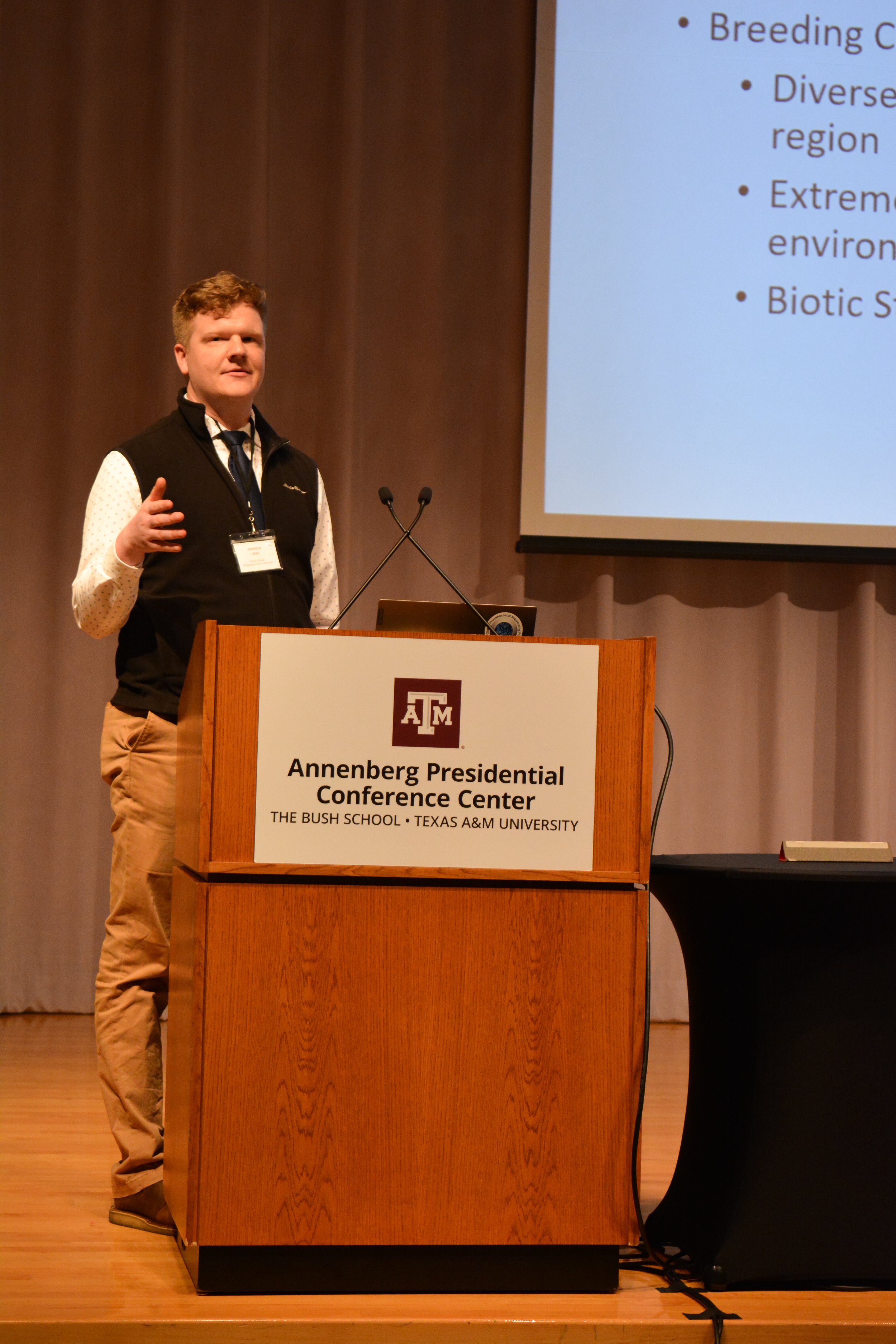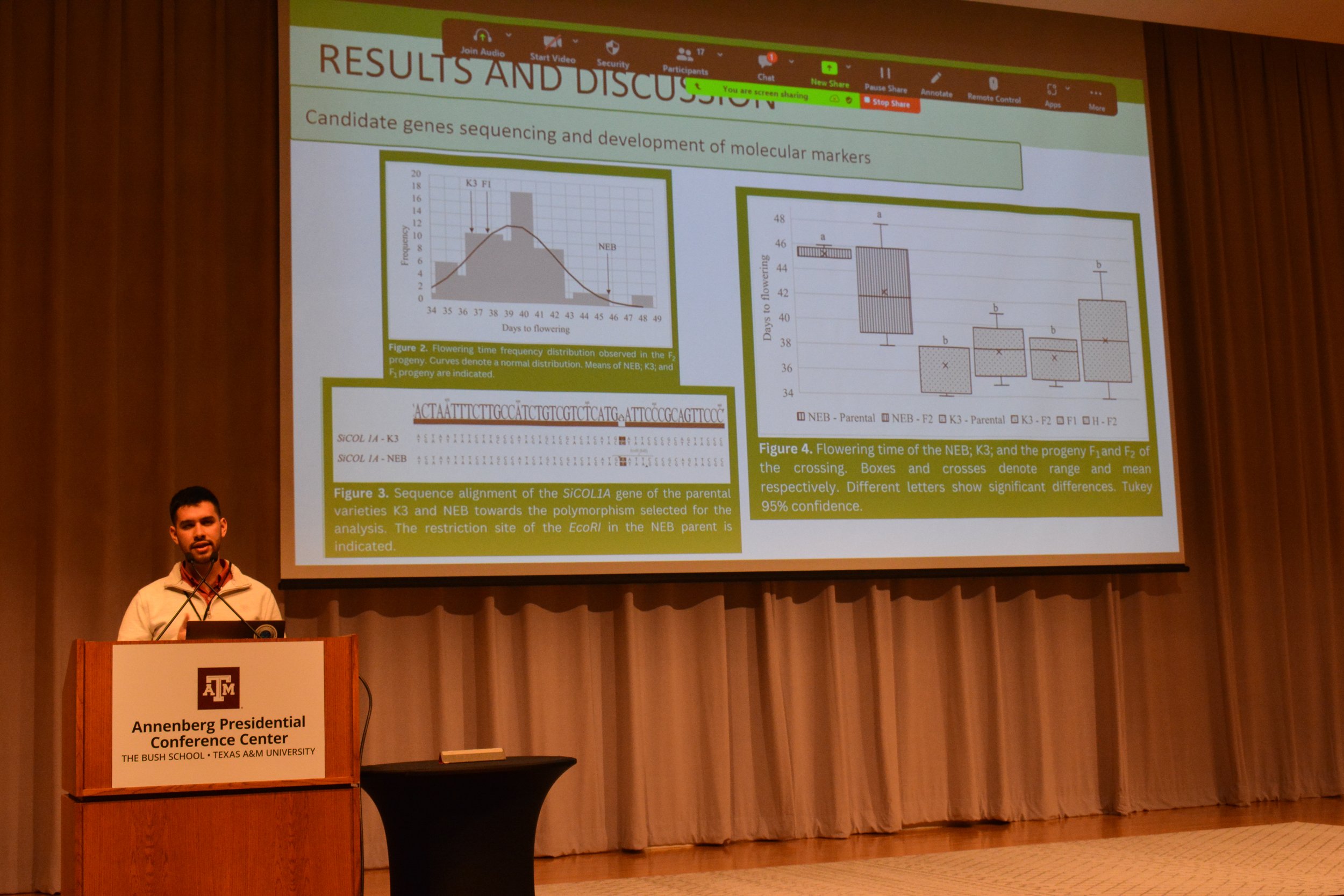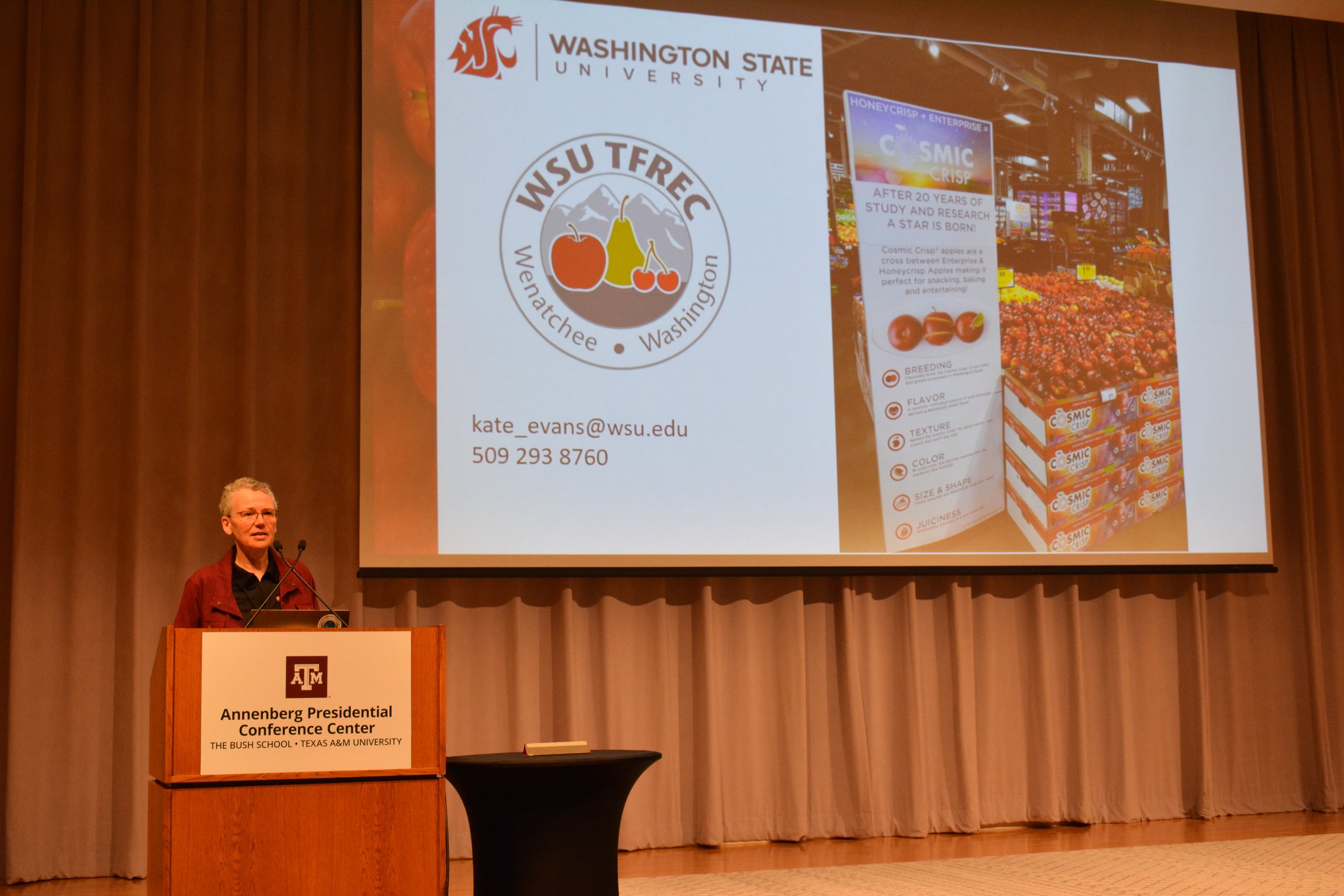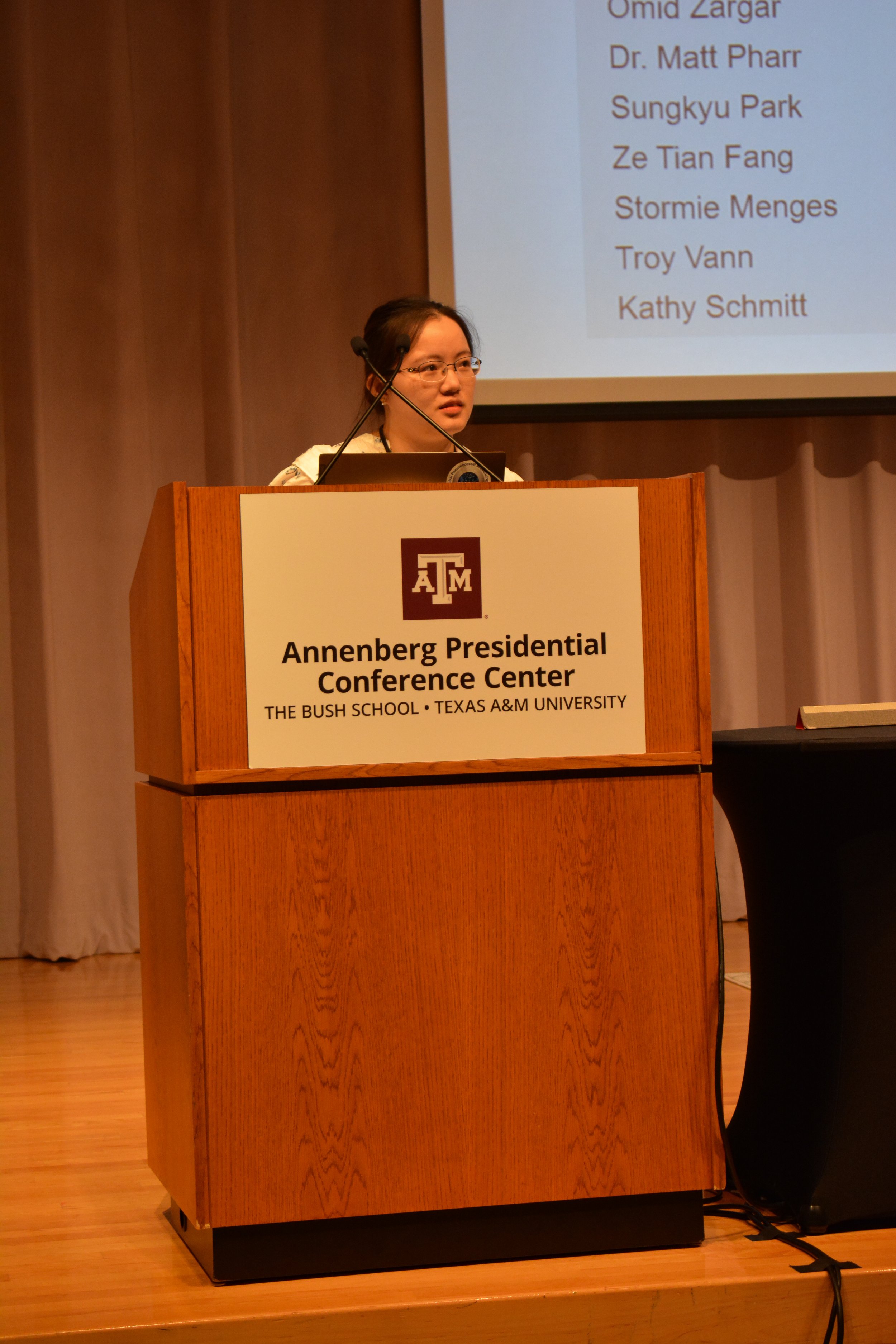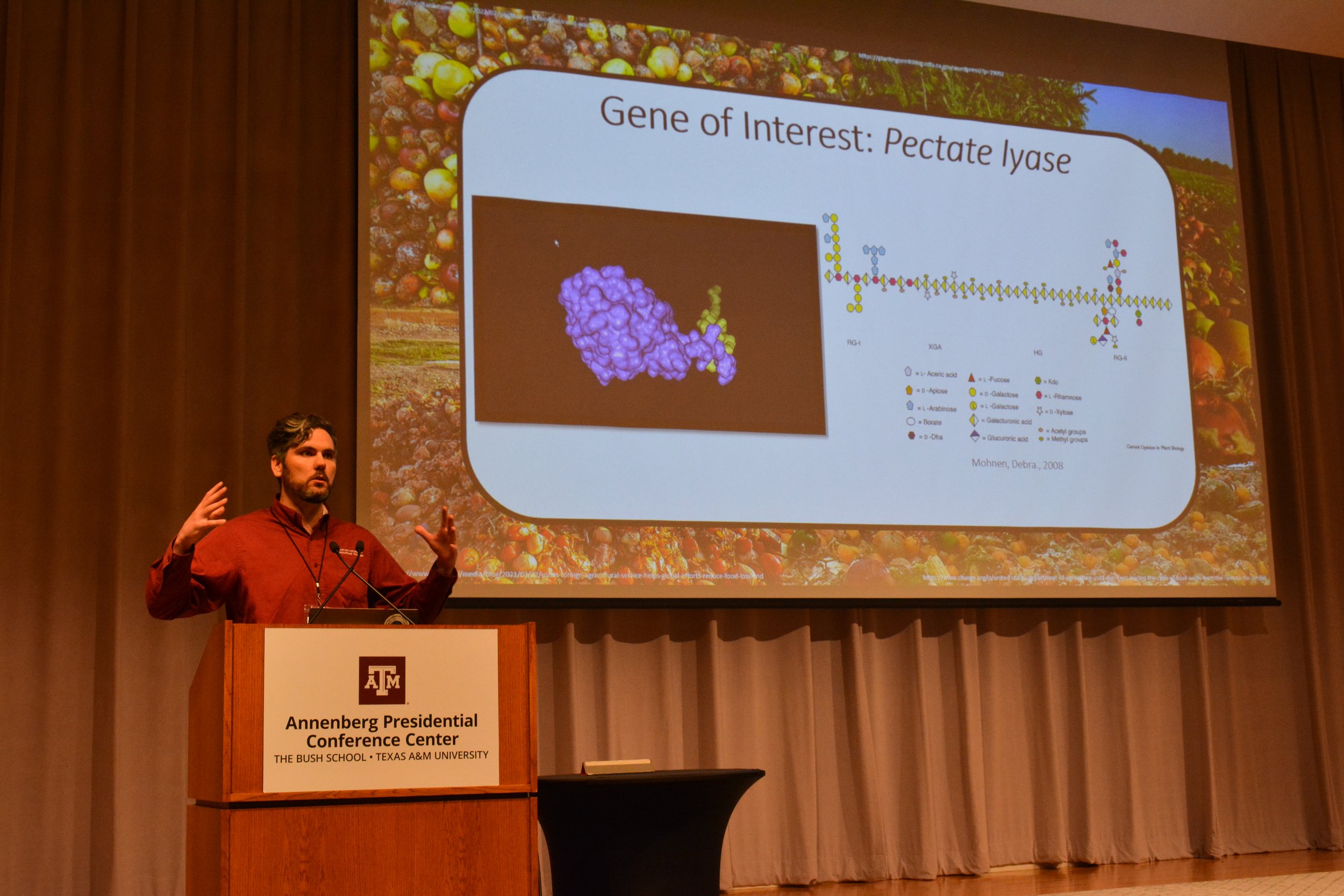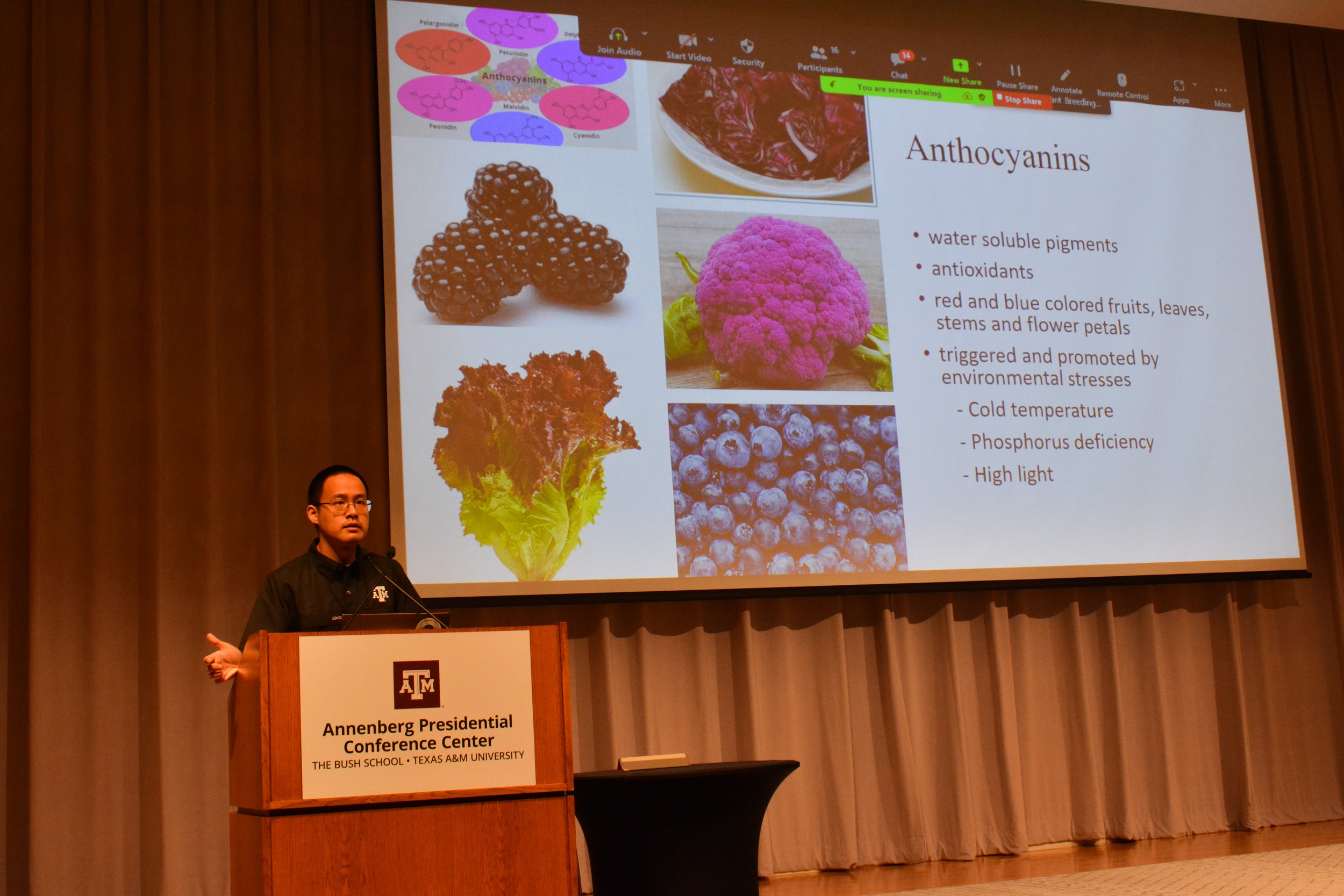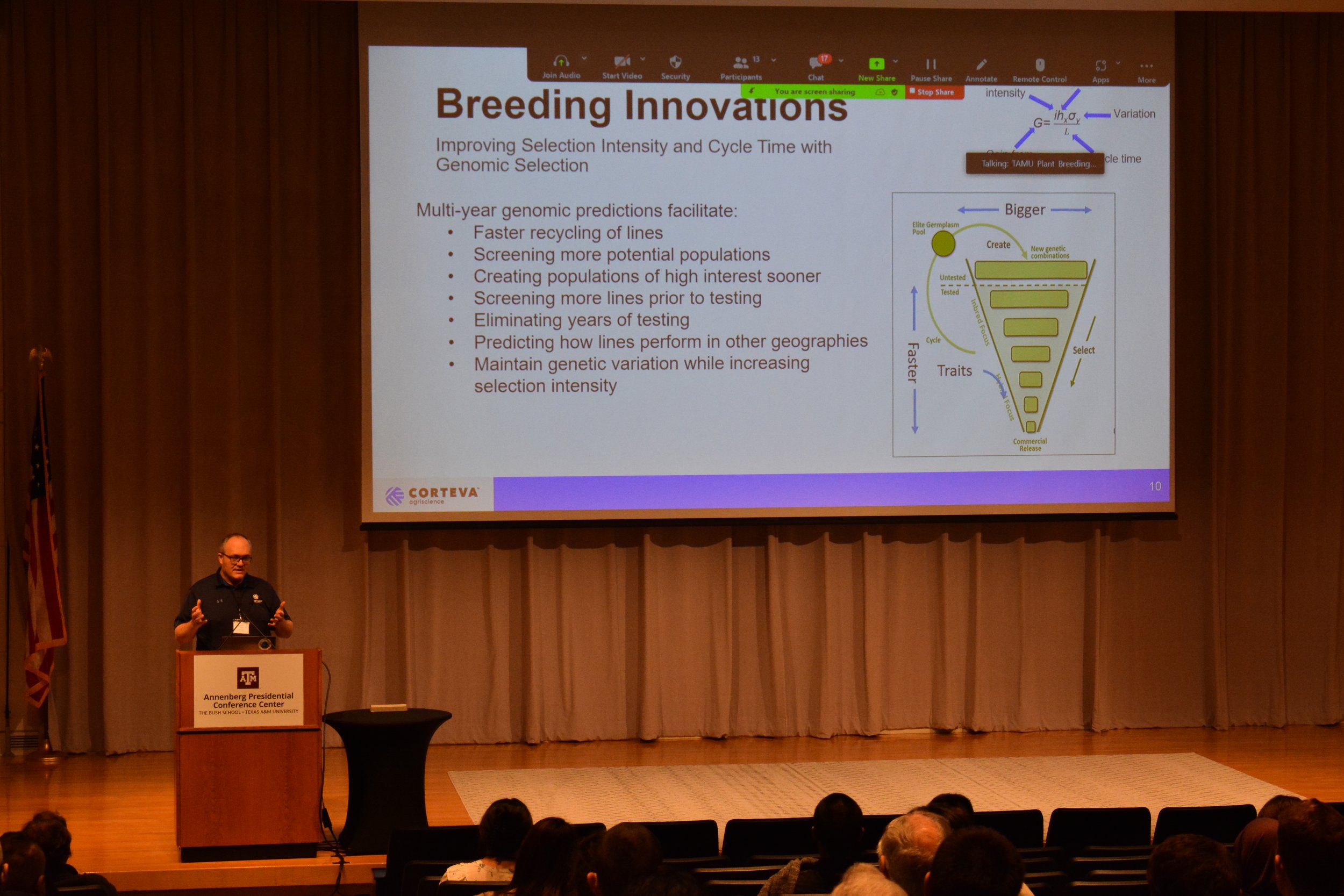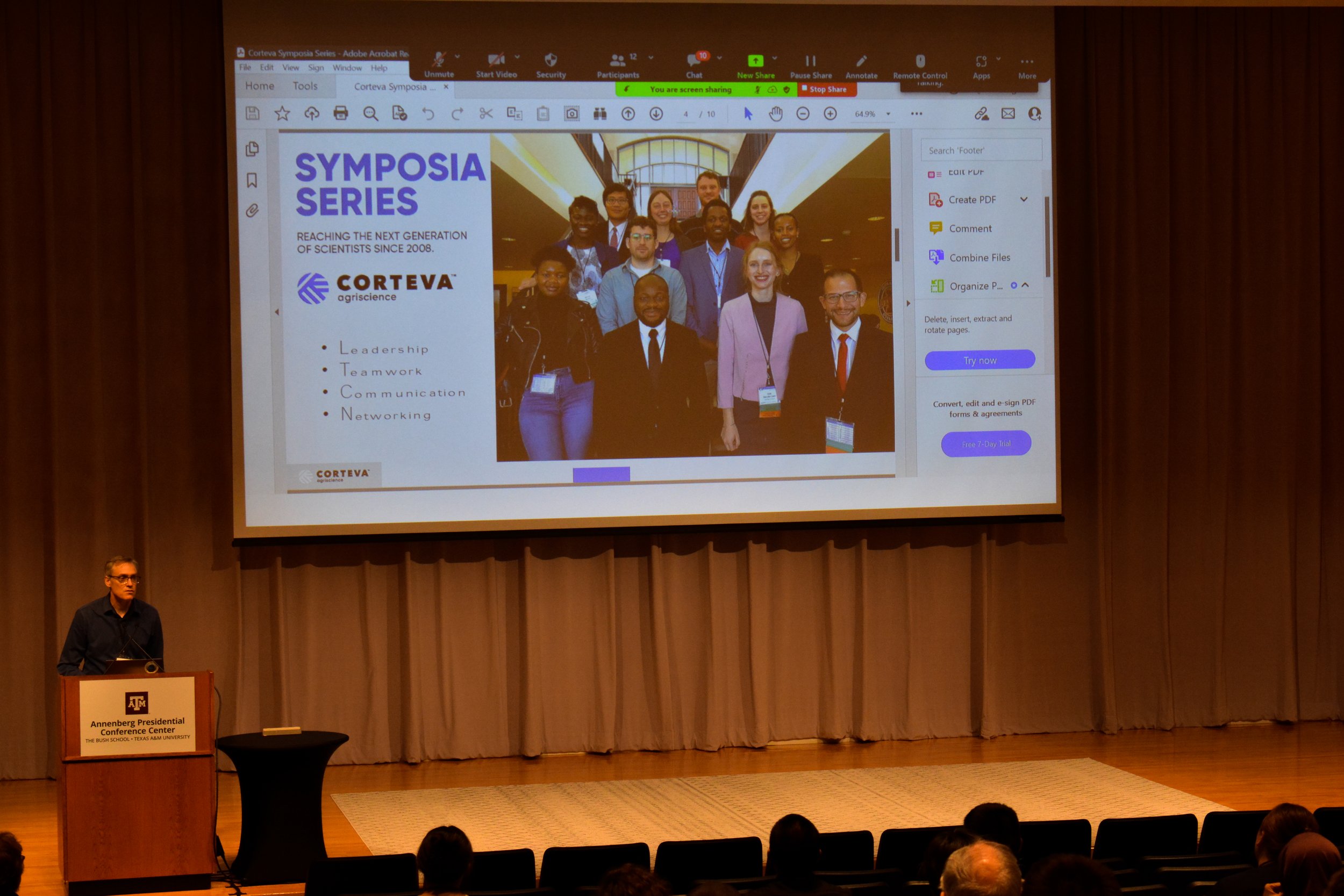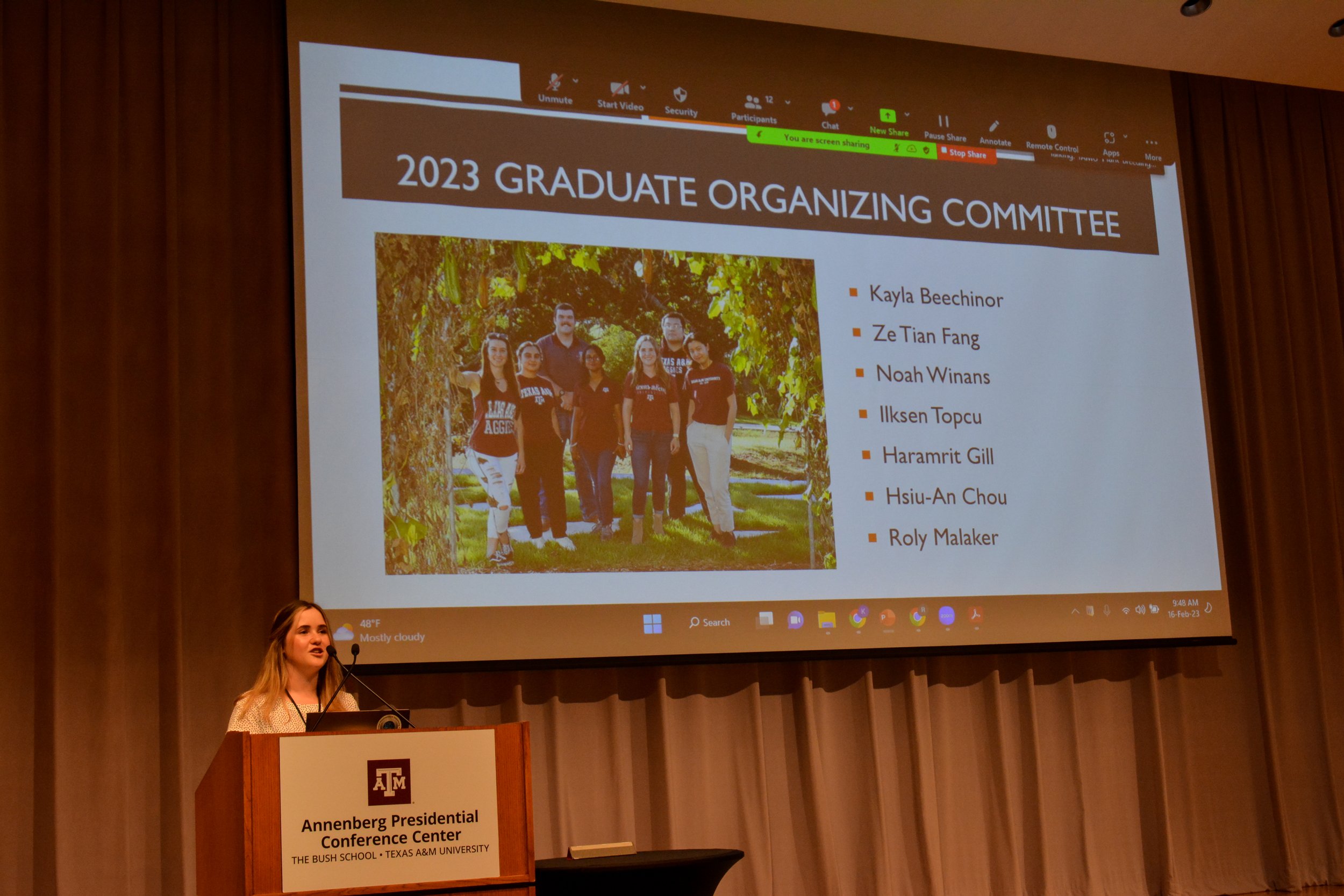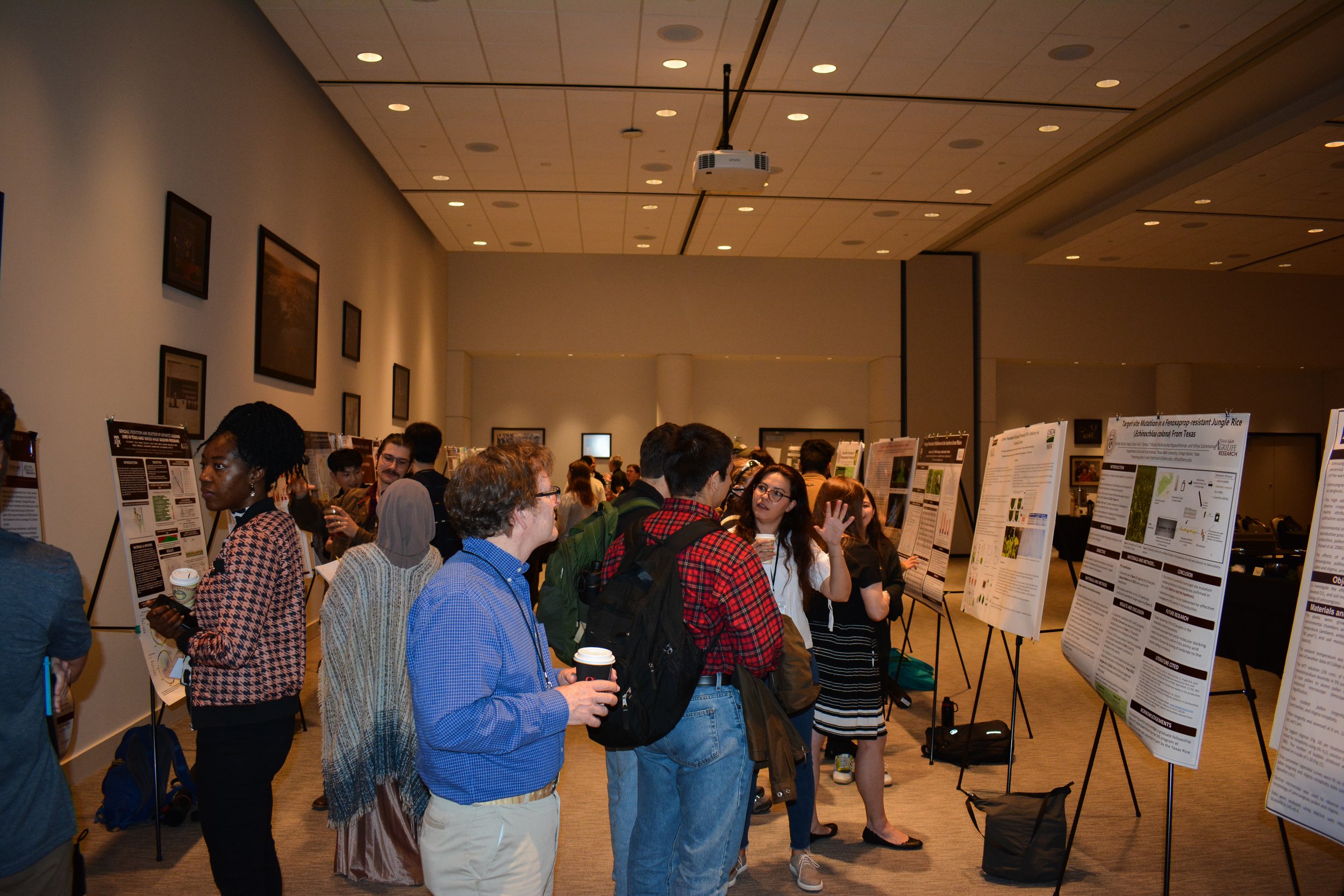THE 9TH ANNUAL TEXAS A&M PLANT BREEDING SYMPOSIUM:
“LEGACIES”
GENERATION OF PLANT BREEDING
FEBRUARY 16TH, 2023
Photo Gallery
Dr. Jason Morales CORTEVA
Jason Morales is a Corn Breeder and Laureate at Corteva Agriscience. He began his career in 2013 and has led breeding programs in Iowa and Mexico. Throughout his career Jason has been involved in external germplasm evaluation and integration, implementation of new breeding methodologies and technologies, and the development of software tools for breeders. He received his B.S. and M.S. in Genetics and Biotechnology from Brigham Young University and his Ph.D. in Plant Breeding Genetics at Purdue University.
Dr. Marcio Resende UNIVERSITY OF FLORIDA
Marcio Resende has a M.S. degree in Plant Breeding from Federal University of Vicosa, Brazil, and a Ph.D. in Genetics and Genomics from the University of Florida. During his Ph.D., he co-founded an ag biotech startup company, where he later served as the Chief Executive Officer from 2014 - 2017. The company has supported the genotyping and molecular breeding needs of clients in industry and academia from around the world. Since 2017, he is an Assistant Professor at the Horticultural Sciences Department of the University of Florida, Gainesville, FL, USA. Dr. Resende leads an applied breeding program in sweet corn and more recently is leading a collaborative effort to establish and develop a potato breeding program at UF. His research program combines theoretical and applied genomic research to breed and develop elite sweet corn and potato germplasm adapted to Florida and the southeastern U.S.
Dr. Jim Holland USDA-ARS RESEARCH GENETICIST
Jim Holland is a USDA-ARS Research Geneticist located at NC State University, working on maize breeding and genetics. Prior to working as Research Geneticist with the USDA he was an Assistant Professor at Iowa State University in the oat breeding and genetics program. Dr. Holland received his PhD in Crop Sciences from North Carolina in 1994 and his MS in Plant Breeding and Plant Genetics from University of Wisconsin-Madison.
Dr. Kate Evans WASHINGTON STATE UNIVERSITY
Dr. Evans is a tenured Professor in the department of Horticulture at Washington State University, based at the Tree Fruit Research and Extension Center (TFREC), Wenatchee. She joined WSU as an Associate Professor (without tenure) in 2008 following 16 years as a researcher/senior researcher at East Malling Research in the UK. Dr. Evans achieved tenure in 2013 and was promoted to Professor in 2016. Dr. Evans leads the pome fruit breeding program which has most recently released the WA 38 (Cosmic Crisp®) apple. She has released 7 apple varieties, 2 pear varieties, 1 apple rootstock and 1 rootstock for pear, 70 peer-reviewed publications, 6 book chapters and edited a book on apple published in 2017. Dr. Evans teaches a graduate class in Research Orientation and Presentation annually. She has served nationally in several roles, most recently as chair of the U.S. Plant Breeding Coordinating Committee in 2017/18. She was recognized as a Washington State ‘Notable Women in STEM’ in 2020 and was awarded the Washington State University College of Agriculture, Human and Natural Resource Sciences ‘Land Grant Mission’ Award in 2019. Additionally, Dr. Evans served as Interim Director of the TFREC from July 2019 until July 2020.
Dr. William Rooney TEXAS A&M UNIVERSITY
Dr. William Rooney is a Regents Professor and the Borlaug-Bayer Chair in Crop Improvement in the Department of Soil and Crop Sciences at Texas A&M University. He earned his B.S. and M.S. degrees in Agronomy and Plant Breeding at Texas A&M University. His Ph.D. in Plant Breeding and Genetics is from the University of Minnesota. Since 1995, he has led a sorghum improvement program with the goal of enhancing the productivity and profitability of grain, forage and bioenergy sorghums. The objectives of the breeding position are to train graduate students in plant breeding, conduct research into the genetic control of important traits in grain, forage and bioenergy sorghums and develop and release sorghum germplasm for research and commercialization purposes. Traits of emphasis include disease resistance, grain quality, agronomic productivity and adaptability.

